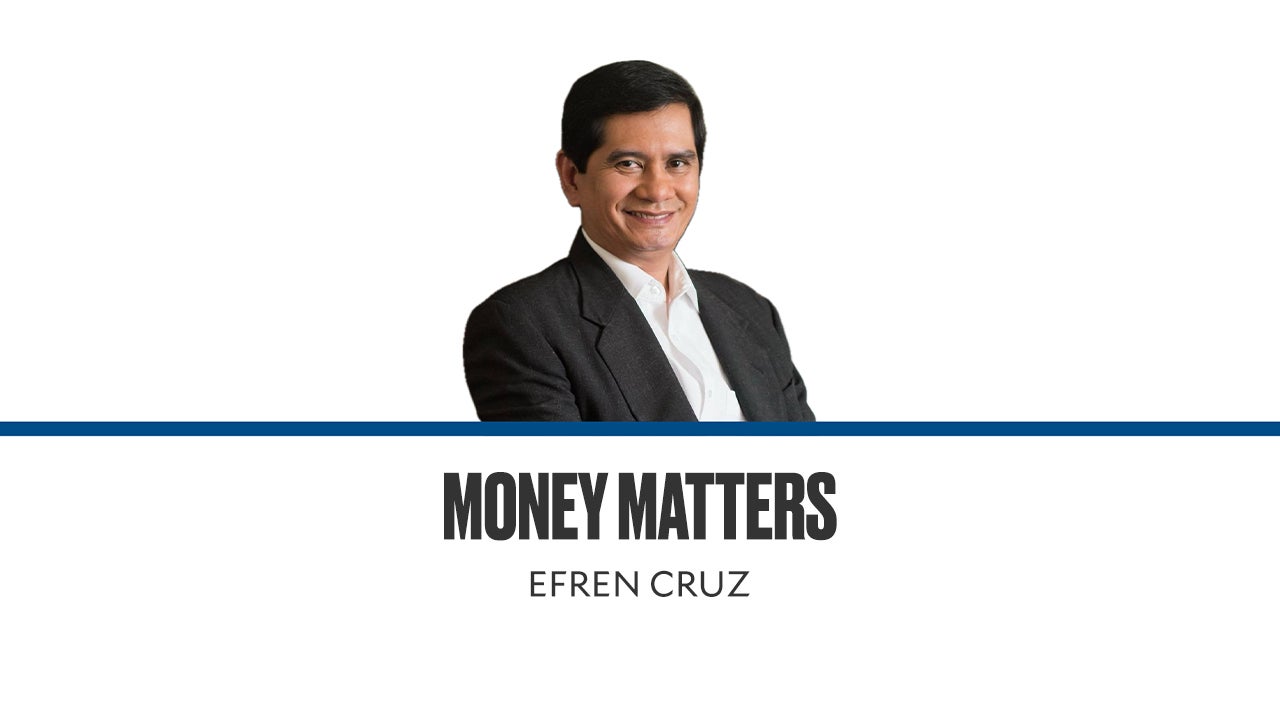Will the crises ever end?

Question: Will the significant tariffs imposed by the US on its trading partners be collectively known as the straw that broke the (economic) back of the world and made stock investing unprofitable?
Answer: As I am replying to you, capital markets around the globe are falling steeply. Will there be a bounce soon on account of the unusually steep drop in prices? There could very well be. But the question to ask is if that bounce is just a “dead cat bounce”: financial jargon that describes a brief recovery in stock prices during a larger downtrend. It is difficult to say, this early in the seeming market free fall.
What is certain is that crises have occurred with regularity in recent times. What investors always recall as the first financial crisis is the Tulip Mania in 1637, the first recorded speculative bubble. In The Netherlands, there was extreme speculation on tulip bulbs, which became luxury assets. There came a time when a single tulip bulb was worth even more than a house. But eventually, tulip bulb prices collapsed, affecting Dutch society and parts of Europe.
Then came the Great Depression of 1929, when the US stock market crashed on Oct. 29 of the same year and lost nearly 90 percent of its value by 1932. There was worldwide economic depression, mass unemployment and a collapse of global trade. Forty-four years later came the Oil Crisis of 1973, when the Organization of Petroleum Exporting Countries or OPEC imposed an oil embargo on the United States and other nations for supporting Israel. This crisis resulted in stagflation, the combination of high inflation, stagnant economic growth and high unemployment, with the S&P 500 falling by 40 percent from 1973 to 1974.
Just 14 years later came Black Monday. On Oct. 19, 1987, due to unclear causes, the Dow Jones fell by nearly 23 percent in just one day. Markets worldwide followed with steep drops of their own. Program trading and market psychology were said to have played major roles. Thirteen years later came the Dot-com Bubble Burst (i.e. 2000 to 2002), with the collapse of overvalued internet and technology stocks. The Nasdaq lost around 78 percent from its peak to its trough. The effect of the crisis was a recession and a major shift in tech investing.
Eight years later, the Global Financial Crisis hit, spawned by the subprime mortgage crisis and the collapse of Lehman Brothers. This also led to a global recession, with the S&P 500 losing more than 50 percent of its value from its 2007 peak to its 2009 bottom.
A mere three years later appeared the European Debt Crisis (i.e. 2010 to 2012), triggered by sovereign debt problems in Greece, Portugal, Spain and others. The crisis led to the Eurozone’s instability, greater stock market volatility and International Monetary Fund bailouts.
Ten years later came the COVID-19 pandemic (i.e. 2020), which led to lockdowns and a fall by the S&P 500 of around 34 percent in March 2020. However, this was followed by a strong recovery, mostly in the U.S., due to massive infusion of money by their government. This action had the unwanted consequence of high inflation and later on, high interest rates.
An ongoing crisis is the Russia-Ukraine War, which started two years after the COVID-19 pandemic. This crisis initially led to a spike in oil prices, raised inflation fears and fueled geopolitical tensions. And now, we have the higher than expected tariffs imposed by the U.S. on other countries.
While I am not too sure about the short-term prospects, over the long-run, markets do recover and reach higher ground before the next crisis hits. As such, you can just do cost averaging on index funds. It is a bit different in the Philippines though, where the stock market has practically moved sideways since 2013, after staging one of its most impressive multiyear bull runs.
In markets like the Philippines, you just need to be more selective in your portfolio allocation to keep on making money. Perhaps, fewer names in your portfolio would be better than just buying all index component issues. Also, have as your main goal capital appreciation but without ruling out cash dividend earnings.
Happy and safe investing.


















